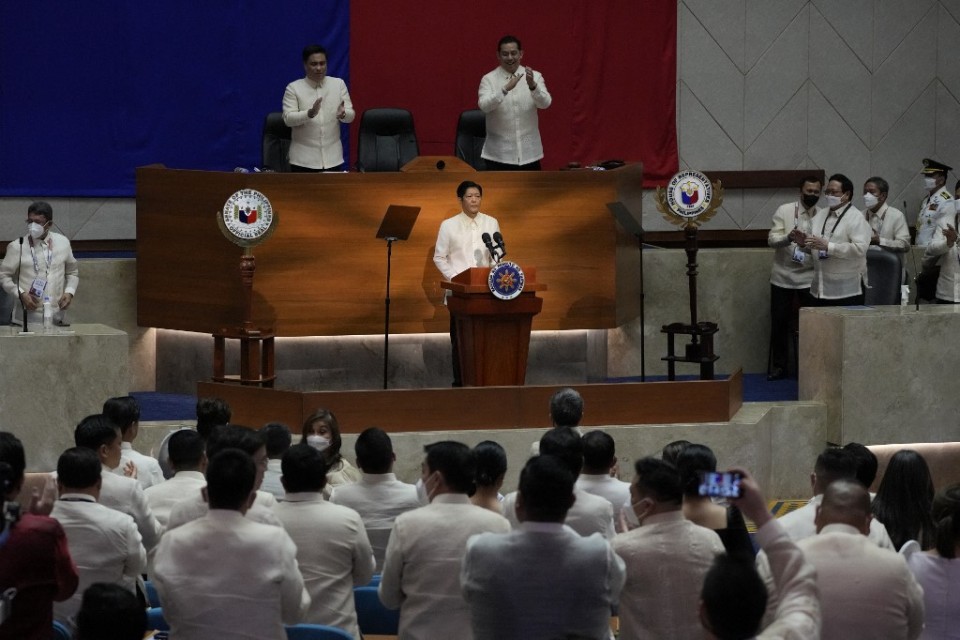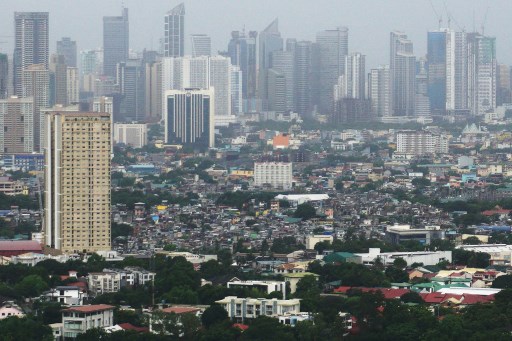Move to bring in initial P11.7 billion revenue in 2023 alone

(Eagle News) – President Ferdinand “Bongbong” Marcos Jr., said he would implement “tax administration reforms” to increase revenue collections and “implement a sound fiscal management” to improve the country’s economy.
In his first State of the Nation Address (SONA), Marcos Jr., explained his blueprint to uplift the Philippine economy and “immediately address the economic scarring” brought about by the Covid-19 pandemic.
One of the plans he would push is to impose value-added tax on digital service providers which he said would bring in P11.7 billion by 2023.
“Our tax system will be adjusted in order to catch up with the rapid developments of the digital economy, including the imposition of value-added tax on digital service providers,” Marcos said.
“The initial revenue impact will be around Php 11.7 billion in 2023 alone, he said at the start of his SONA where he concentrated on his administration’s economic blueprint.
-Promoting ease of paying taxes-
“Tax compliance procedures will be simplified to promote ease of paying taxes,” he said.
Marcos said that “expenditure priorities will be realigned, and spending efficiency will be improved to immediately address the economic scarring arising from the effects of COVID-19, and also to prepare for future shocks.”
-PHL must become an investment destination- PBBM-
He said that the government would also promote “productivity-enhancing investments” and the country “must become an investment destination.”
The government would capitalize on the “Corporate Recovery and Tax Incentives for Enterprises or the CREATE Law and the economic liberalization laws such as the Public Service Act and the Foreign Investments Act.”
“Ecozones will be fully supported to bring in strategic industries such as those engaged in high-tech manufacturing, health and medical care, and all emerging technologies,” he said.
Marcos said that this would facilitate economic growth outside of Metro Manila.

He said that the government would also “pursue measures to determine possible undervaluation and/or trade misinvoicing of imported goods.”
-Streamlining gov’t processes-
“Through information and communications technology, the Bureau of Customs will promote streamlined processes,” he said.
Marcos had started a process of streamlining the government bureaucracy through what he called as the National Government Rightsizing Program (NGRP).
This is also one of his priority bills.
He said that the NRGP is a “reform mechanism that seeks to enhance the government’s institutional capacity to perform its mandate and provide better services, while ensuring optimal and efficient use of resources.”
(Eagle News Service)








